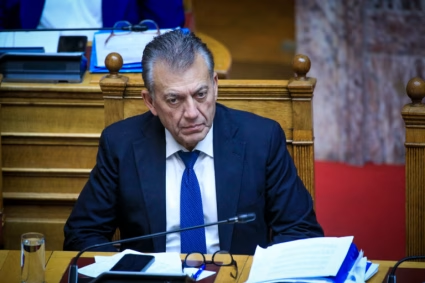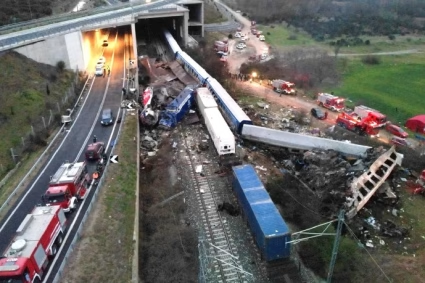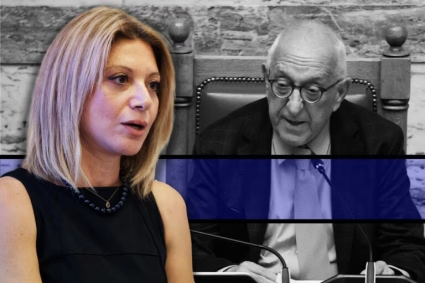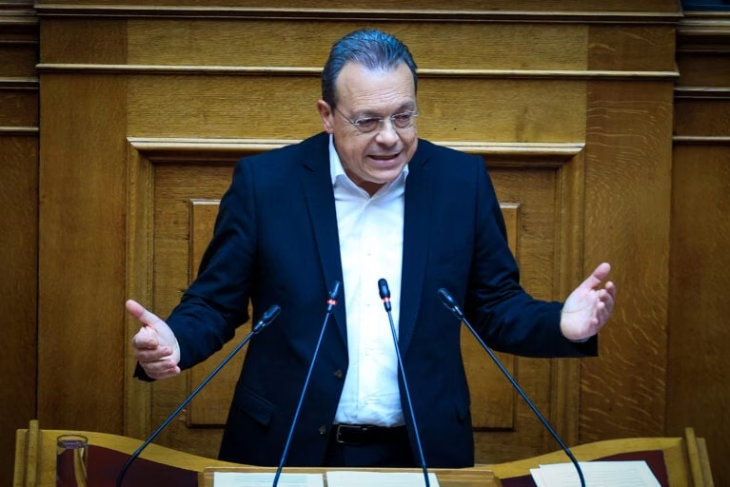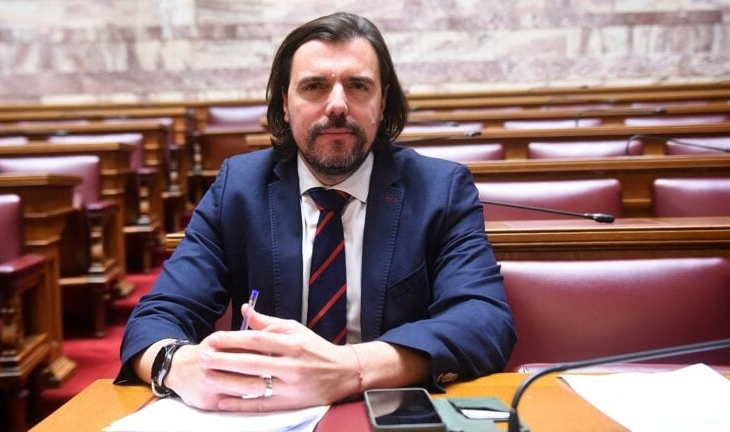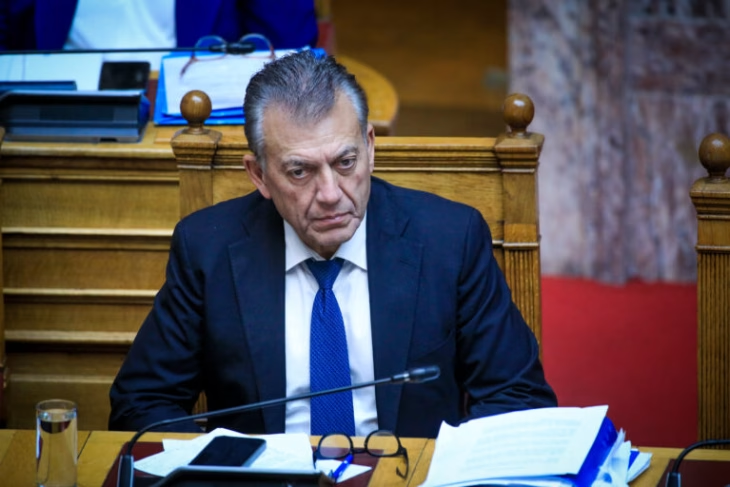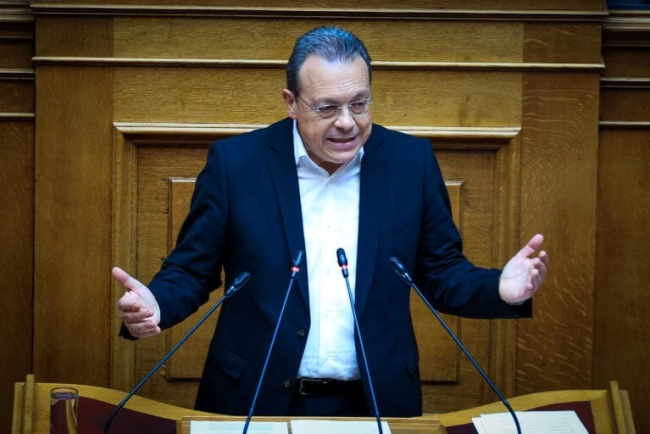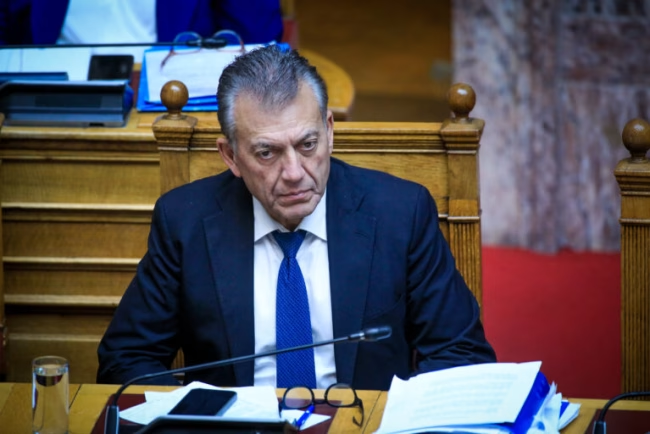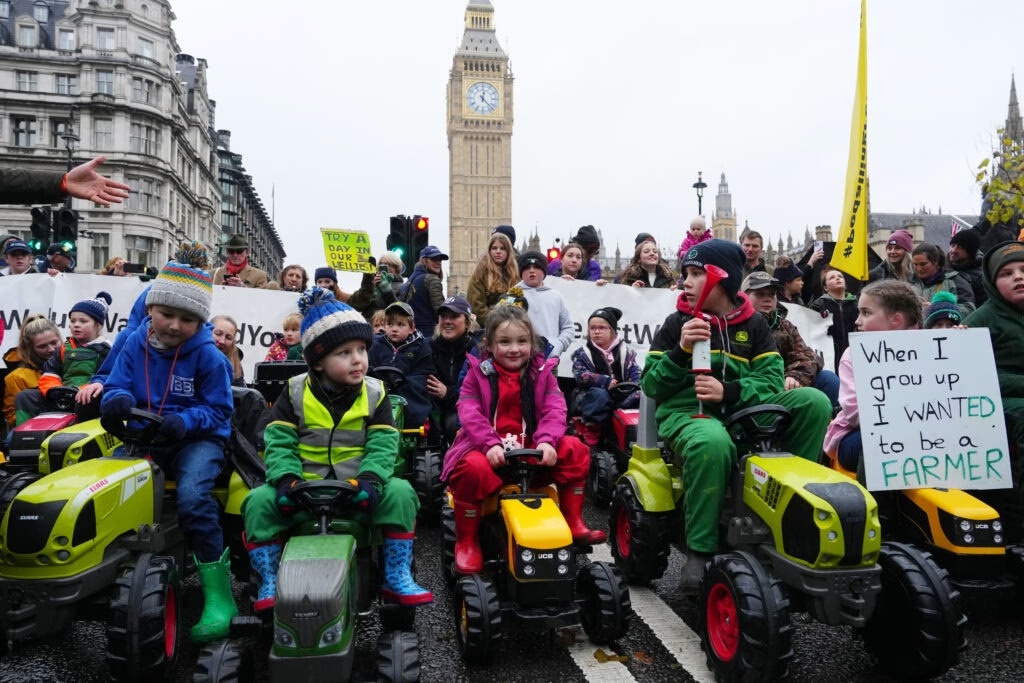
LONDON — The streets of Westminster were awash with Barbour jackets and flat caps Tuesday morning as angry farmers braved rain and snow to protest against what they’ve dubbed the British government’s “family farm tax.”
Changes announced by Chancellor Rachel Reeves at Labour’s first budget for years will see those inheriting agricultural assets worth over £1 million hit by a 20 percent tax for the first time.
It’s a move the National Farmers’ Union (NFU) — among the most vocal opponents of the change taking to the streets Tuesday — claims will force many families to break up their land and imperil U.K. food security.
The British government has hit back, arguing that only the wealthiest will be clobbered — and has denied it’s engaging in class war.
Labour — which has traditionally struggled to mop up rural support — worked hard ahead of its landslide election victory in July to shore up support in a countryside that’s long plumped for the Tories.
But, as the government showed no sign of backing down, the anger was palpable on the streets of central London Tuesday.
Opposition figures including a wellington-boot-clad Reform UK boss Nigel Farage and new Conservative leader Kemi Badenoch joined the protestors’ ranks, while celebrity pundit-turned-farmer Jeremy Clarkson was out in force. Even Donald Trump ally Elon Musk has waded into the row.
At a mass lobby event, NFU President Tom Bradshaw fought back tears and described the budget as “nothing short of a stab in the back” for farming families.
“The human impact of this policy is simply not acceptable. It’s wrong on every level and — just as bad — it won’t set out what the Treasury hope to achieve,” he said.
Outside parliament, thousands of demonstrators — led by children on toy tractors — made their feelings known.
Sporting a T-shirt emblazoned with the words “Keir Starmer the family farmer harmer,” Archie Godman, who will one day inherit his family farm in West Sussex, said the prime minister’s policy was “not sustainable.”
“The tax that we would have to pay on our farm would be in the millions — even after the allowances. Most farms make half a percent to one percent of their total value each year,” he said. “If you’re lucky it’s a profit — but some years it won’t be. Like today we’re at the whims of the weather. It’s a tough job but this has made it impossible.”
Matthew Cooper, a fifth-generation farmer from Essex carrying a sign saying: “Buggered by Boris” and “Rogered by Reeves”, said the inheritance tax changes posed an “existential threat to many family farms like ours and something that we just wouldn’t be able to pay. It would mean selling off a portion of our farm which we would be very loathe to do.”
Jo Hilditch, a farmer from North-West Herefordshire who has appeared on episodes of TV hits the Hairy Bikers and Countryfile and is famed for her cassis liqueur, said her kids would face a tax bill of “at least half a million” if she passed down the business to them, leaving them with no choice but to sell the farm.

“We’re being shafted,” she said, pointing to a doctored sign featuring a smiling Chancellor Rachel Reeves next to the words “I’m backing shafting British farming.”
No backing down
Until now farmers have had to pay zero inheritance tax, but from April 2026 they will need to stump up 20 percent on assets above £1 million that are passed on. That’s still less than the standard 40 percent for others who contribute inheritance tax.
Ministers argue that, subject to individual circumstances, agricultural assets worth as much as £3 million will still be able to be passed on tax-free, once remaining reliefs are taken into account.

The changes, the government said, are necessary to plug the “£22 billion fiscal hole” they inherited from the previous Conservative government and close a loophole exploited by some of the wealthiest estates.
“If you take a typical case, which is parents who want to pass on their farm to one of their children … by the time you’ve built in the other income tax thresholds, it’s only those with assets over £3 million that would begin to pay inheritance tax, and that’s why I’m very confident that the vast majority of farms will be totally unaffected,” Starmer told the BBC from the G20 summit in Rio.
Labour ‘don’t understand’
Back in London, the Metropolitan Police was keeping a close eye on rogue tractors — one of which broke through a barrier in Westminster.
“We’ve been engaging with those who brought tractors today and had no concerns with them driving around,” the force said.
“However, driving over a police barrier line is not acceptable and the drivers will be reported for the offence.”
Away from that drama, Peter Caines, who runs a dairy farm in East Hampshire, broke down in tears as he described the impact on his son, who has recently returned home from college to work as a partner in the family business.
“I’m not worried about myself. It’s him — because his livelihood has effectively been taken away,” Caines said. “The elected government just don’t understand what they’ve done.”
Emilio Casalicchio contributed reporting.


